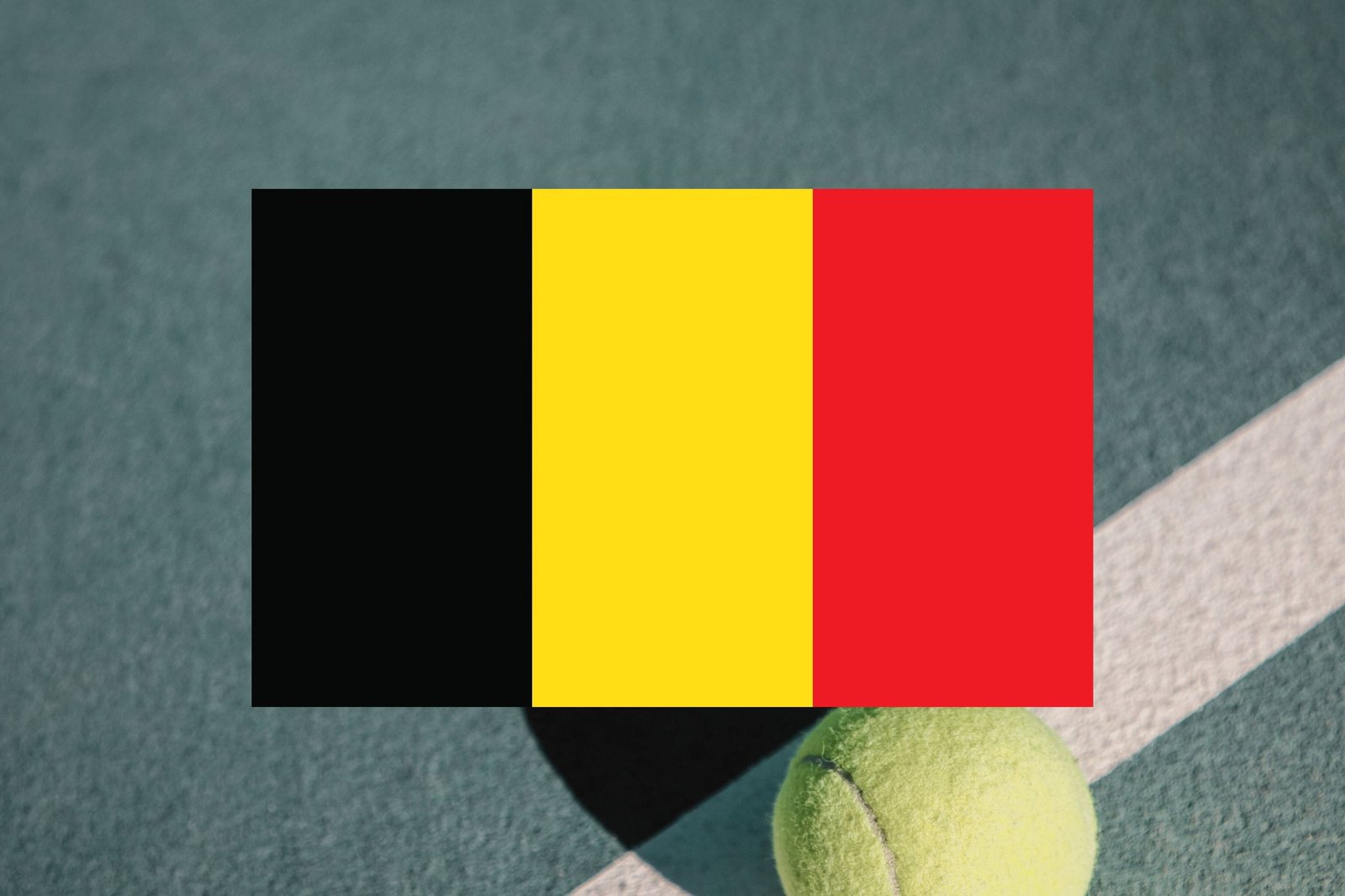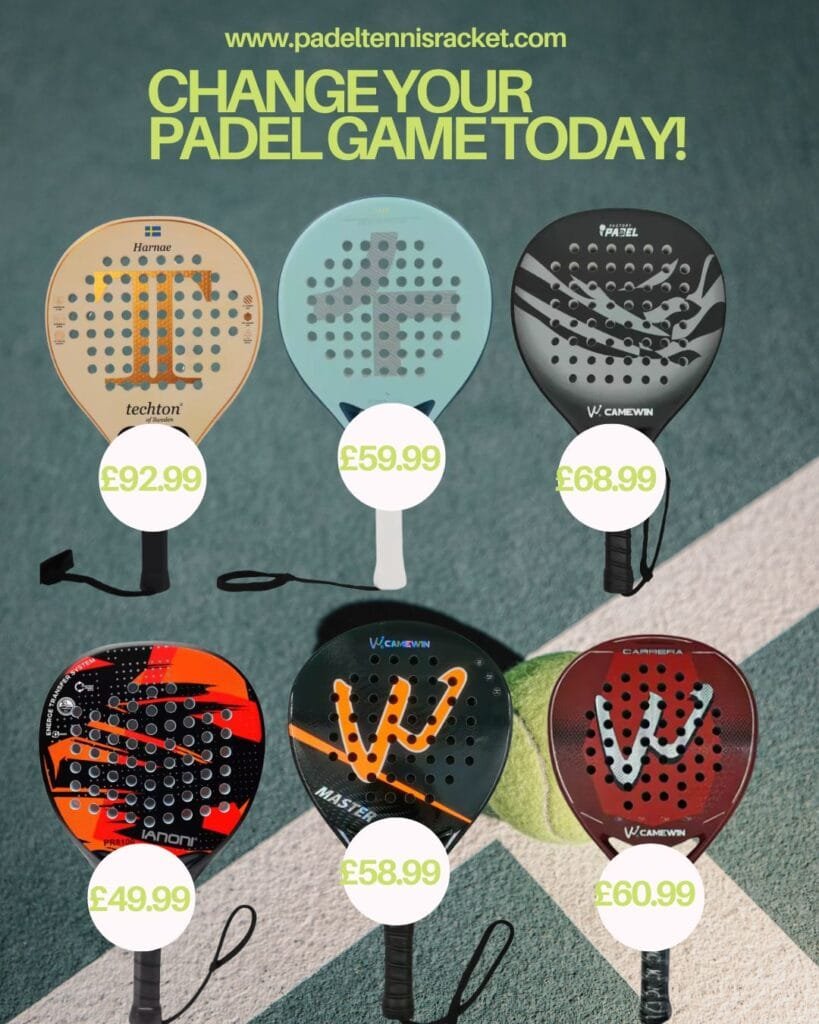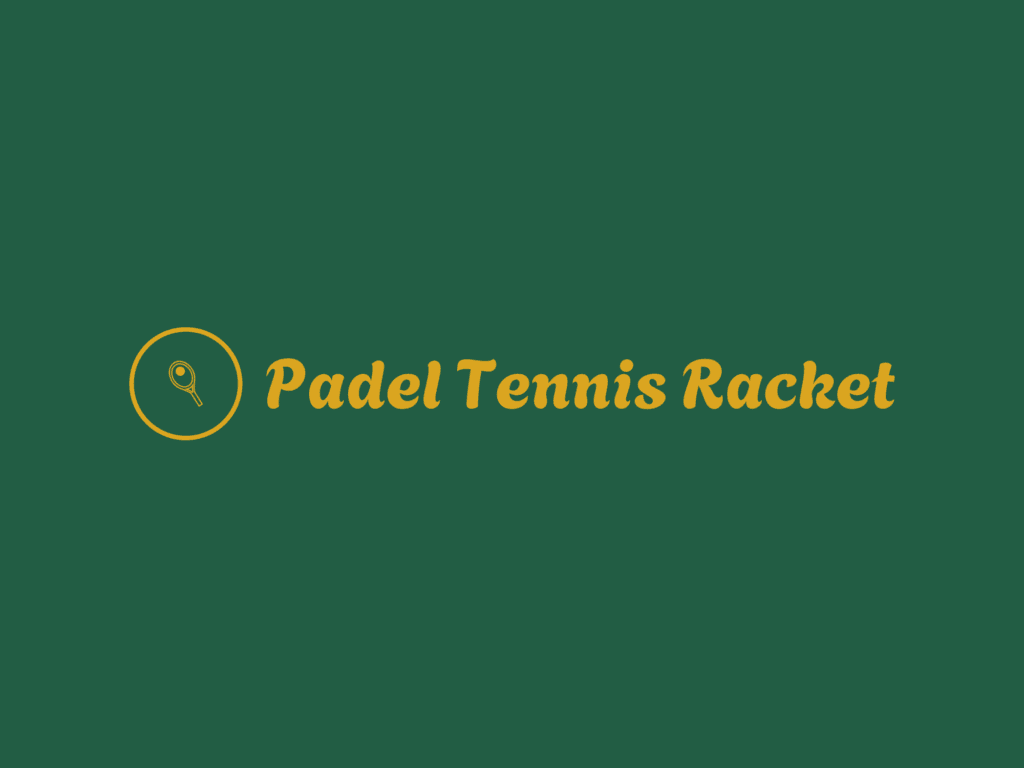
Over the past few years, padel in Belgium has transitioned from a niche curiosity into one of the country’s most dynamic and fast-growing sports. Combining the best elements of tennis and squash, padel is a doubles-based game played in an enclosed court, and it’s rapidly gaining traction among Belgians of all ages and skill levels.
The origins of padel in Belgium can be traced back to the early 2010s, when a few courts were built in Flanders, inspired by the sport’s boom in Spain and Latin America. Initially adopted by tennis clubs looking to diversify their offerings, padel was seen as a novelty. But within a few short years, its popularity exploded, spreading to Wallonia and Brussels, and prompting the creation of dedicated padel centers throughout the country.
What sets padel in Belgium apart is its accessibility and social appeal. The game is easy to learn, even for beginners with no prior experience in racket sports. The smaller court size and the enclosed glass walls allow for longer rallies, which makes the game exciting and enjoyable from the very first match. At the same time, skilled players can appreciate the tactical depth and reflexes required to excel, making it equally appealing to competitive athletes.
Another major factor fueling the rise of padel in Belgium is the sport’s social nature. Padel is typically played in doubles, fostering teamwork and communication. Many Belgians now view padel as a fun and interactive way to stay active, unwind after work, or spend weekends with friends. The relaxed, friendly atmosphere of padel clubs encourages casual play, community events, and leagues that welcome participants of all backgrounds.
As interest in padel in Belgium grows, infrastructure is rapidly expanding to keep up with demand. Today, there are hundreds of courts across the country, with more being built every month. Cities like Antwerp, Ghent, Liège, and Namur have seen a boom in padel facilities, often integrated into multi-sport complexes or as stand-alone clubs featuring cafés, lounges, and fitness areas. Booking systems and mobile apps make scheduling games seamless, and clubs are beginning to offer coaching and junior programs to develop the next generation of players.
The competitive scene around padel in Belgium is also becoming more structured. The Royal Belgian Padel Federation (KBPF) now oversees the organization of national tournaments, ranking systems, and player development programs. Belgian players are starting to appear in international competitions, particularly in the FIP and World Padel Tour circuits, signaling the country’s rising stature in the global padel community.
Media and influencer culture have played a key role in popularizing padel in Belgium. Celebrities, footballers, and influencers regularly share their games on social media, generating excitement and visibility for the sport. Local news outlets increasingly cover tournaments and new facility openings, contributing to a growing cultural buzz around padel.
However, the rapid growth of padel in Belgium does raise certain challenges. Access and affordability are areas of concern, especially in urban regions where court availability is limited and rental prices are rising. Some worry that the sport could become too exclusive or commercialized. In response, public institutions are stepping in to build municipal courts and promote inclusive programs, ensuring that padel remains accessible to all Belgians.
Sustainability is another consideration. As indoor padel centers become more common, questions about energy consumption and environmental impact have emerged. Fortunately, many facility developers are embracing green building techniques, incorporating solar energy, water-efficient systems, and sustainable materials to minimize their footprint.
Looking ahead, the future of padel in Belgium looks incredibly bright. Schools and universities are beginning to integrate padel into their physical education curriculums, and corporate wellness programs are incorporating it as a team-building activity. With growing interest from youth players and expanding club networks, the sport is poised to become a long-term fixture in Belgian life.
Perhaps the most remarkable thing about padel in Belgium is how quickly it has been adopted by such a wide range of people. Whether you’re a seasoned athlete or someone just looking to have fun and move more, padel offers something for everyone. The game’s combination of skill, speed, and sociability has struck a chord with the Belgian public.
In conclusion, padel in Belgium is not just a fleeting trend, it’s a transformative force in the nation’s sports culture. As courts continue to multiply and communities come together around the game, padel in Belgium is solidifying its place as a sport that’s modern, inclusive, and here to stay.


